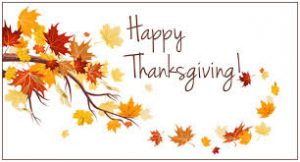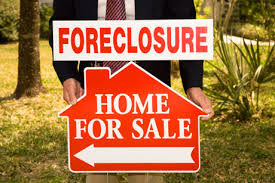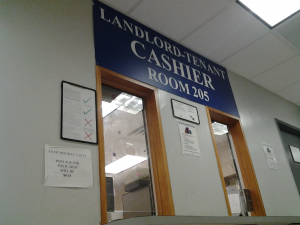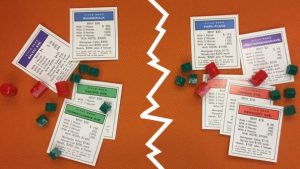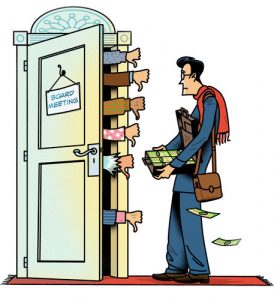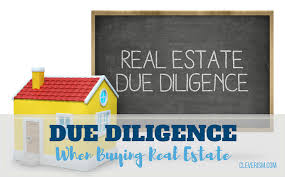 You have found the perfect house, cooperative or condominium apartment after a long search. It has the ideal updated kitchen
You have found the perfect house, cooperative or condominium apartment after a long search. It has the ideal updated kitchen to show off your culinary skills and a beautiful bathroom that rivals a spa-like retreat. Is there anything that should delay the signing of the contract and procession to closing? Yes, there is. A prudent purchaser needs to conduct the appropriate due diligence to make sure that the property and surrounding neighborhood is financially and physically sound. Otherwise, the purchaser may acquire a property that is a long-term headache and difficult to sell when desired.
to show off your culinary skills and a beautiful bathroom that rivals a spa-like retreat. Is there anything that should delay the signing of the contract and procession to closing? Yes, there is. A prudent purchaser needs to conduct the appropriate due diligence to make sure that the property and surrounding neighborhood is financially and physically sound. Otherwise, the purchaser may acquire a property that is a long-term headache and difficult to sell when desired.
First, an inspection should be conducted by a professional engineer when buying a house. Some condominium and cooperative purchasers also find it appropriate to conduct an inspection. For a house, such an inspection may reveal a serious condition, such as a crack in the foundation. In this case, the buyer may want to search for another property. An inspection may also show items that the buyer will want to monitor once she is a homeowner. For instance, if the inspection predicts that the remaining useful life of the roof or the hot water heater is going to be five years, the homeowner may want to budget for such replacement and should not be surprised if these elements need replacement at such time. The inspection may also list items that your attorney may wish to request for inclusion while negotiating your contract. The seller may agree to repair the dishwasher, replace a broken smoke detector and the like prior to closing.
Inspections when purchasing a foreclosed property serve another purpose. Although properties offered for sale after foreclosure are generally strictly “as is”, inspection results that are unsatisfactory to the buyer may allow the buyer to cancel the contract or present the opportunity to ask the seller to remedy a particular condition or offer a price reduction. In any case, the buyer will have knowledge as to the condition and the expectations going forward.




